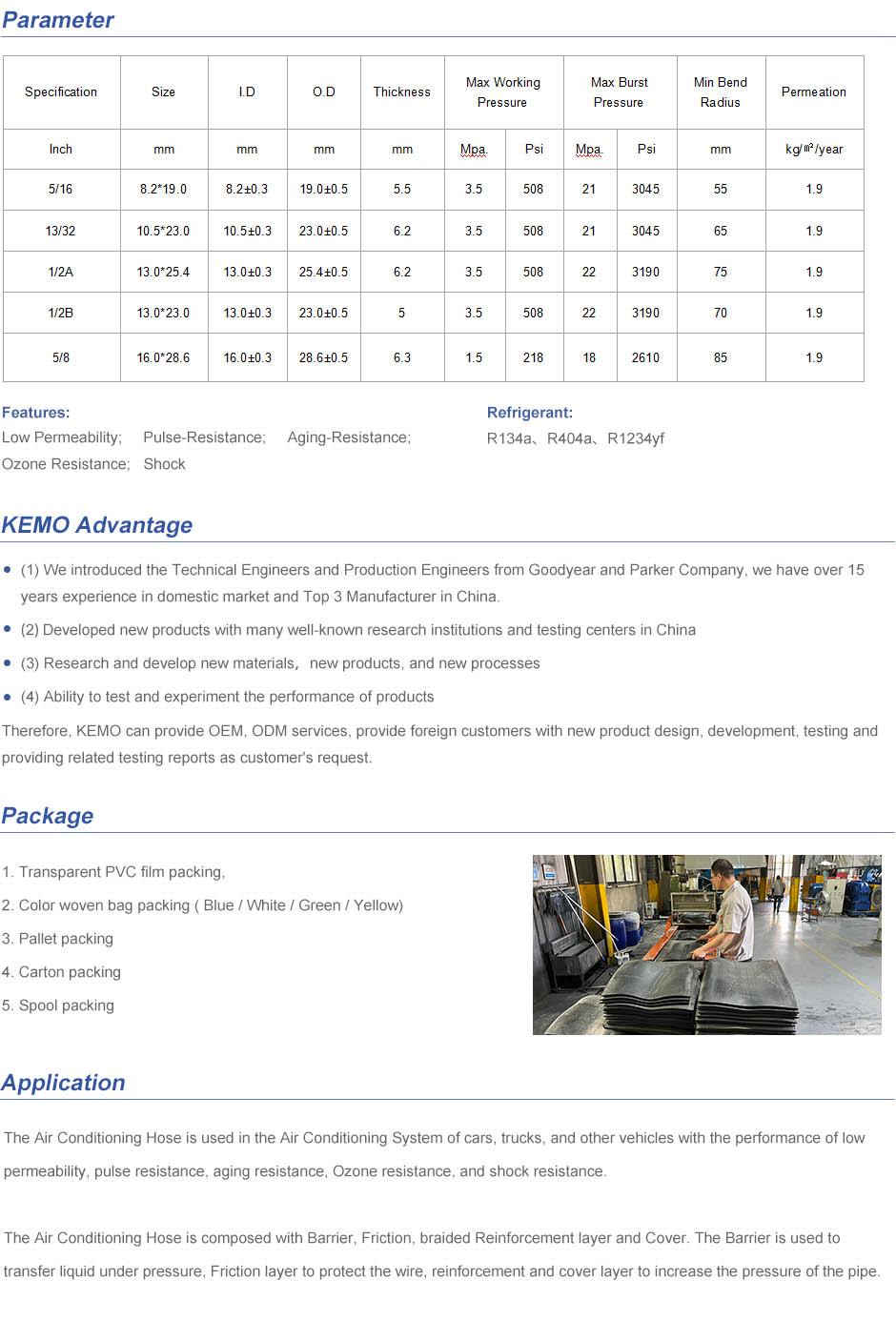Understanding the Importance and Applications of Fuel Transfer Hose in Various Industries
kol . 13, 2024 12:42 Back to list
Understanding the Importance and Applications of Fuel Transfer Hose in Various Industries
The Importance of Fuel Transfer Hoses in Modern Industry
In the rapidly evolving landscape of industrial operations, the role of fuel transfer hoses cannot be understated. These essential components facilitate the safe and efficient transfer of fuels in various settings, from construction sites to refineries. Understanding the importance, types, and maintenance of fuel transfer hoses is crucial for ensuring operational efficiency and safety.
What are Fuel Transfer Hoses?
Fuel transfer hoses are specially designed tubes used to transfer liquid fuels from one location to another, be it from storage tanks to delivery vehicles or within systems of a manufacturing facility. These hoses are engineered to withstand the specific properties of fuels, including their chemical composition, temperature variations, and pressure conditions. Typically made from durable materials such as rubber, thermoplastic, or composite layers, these hoses provide the necessary resilience and flexibility to ensure smooth transfer processes.
Types of Fuel Transfer Hoses
Fuel transfer hoses come in various types, each engineered for specific applications. For instance, the Ethanol-Compatible Hose is designed to handle biofuels, while Diesel Exhaust Fluid Hoses cater specifically to the needs of diesel engines. Heavy-Duty Hoses are often utilized in industrial settings due to their capacity to handle high-pressure environments, whereas Low-Pressure Hoses are suitable for less demanding tasks. Additionally, specialized hoses with anti-static properties are essential to prevent static discharge when transferring fuels, thereby bolstering safety.
Safety Considerations
fuel transfer hose

Safety is paramount when dealing with fuel transfer hoses. The flammable nature of fuels means that any leaks or ruptures can lead to catastrophic consequences, including fires or environmental contamination. Thus, stringent safety standards are in place to guide the design, testing, and maintenance of these hoses. Regular inspections are crucial, and industry best practices recommend checking for signs of wear, such as cracks, swelling, or leaks. Furthermore, employing protective measures, such as using hose reels and avoiding excessive bending or twisting, can prolong the life of fuel hoses and reduce the risk of accidents.
Maintenance and Best Practices
Proper maintenance of fuel transfer hoses is vital for ensuring safe and reliable operation. Regular cleaning is essential to prevent the buildup of deposits that can impede flow and foster corrosion. Additionally, when storing hoses, it is recommended to keep them in a cool, dry place, away from direct sunlight and extreme temperatures. Ensuring that hoses are correctly secured and protected while in transit or storage can further minimize the risks associated with wear and tear.
Training personnel in the correct handling and operating procedures for fuel transfer hoses is equally important. Employees should be well-versed in identifying hazards and responding effectively to emergencies. By fostering a culture of safety and compliance, businesses can not only protect their workforce but also safeguard their assets and the environment.
Conclusion
Fuel transfer hoses play an indispensable role in modern industrial operations, ensuring the safe and efficient movement of fuels across various platforms. With a broad range of types available, selecting the appropriate hose for specific applications can optimize performance and enhance safety. Investing in regular maintenance and adhering to safety protocols will go a long way in preventing accidents and fostering a reliable fuel transfer process. As industries continue to grow and adapt to new technologies, the significance of high-quality fuel transfer hoses will only increase, solidifying their place as critical components in fuel management systems.
